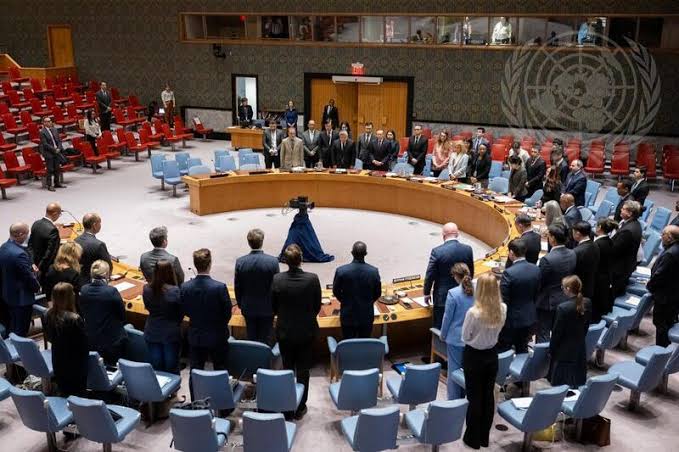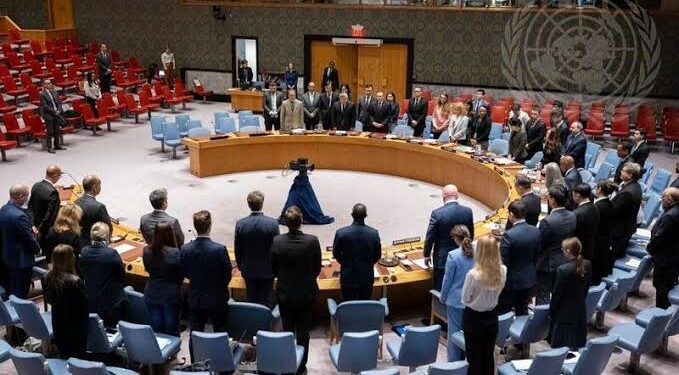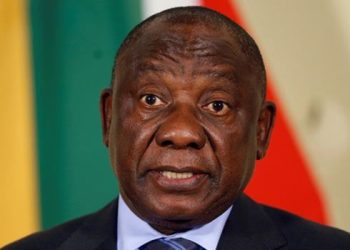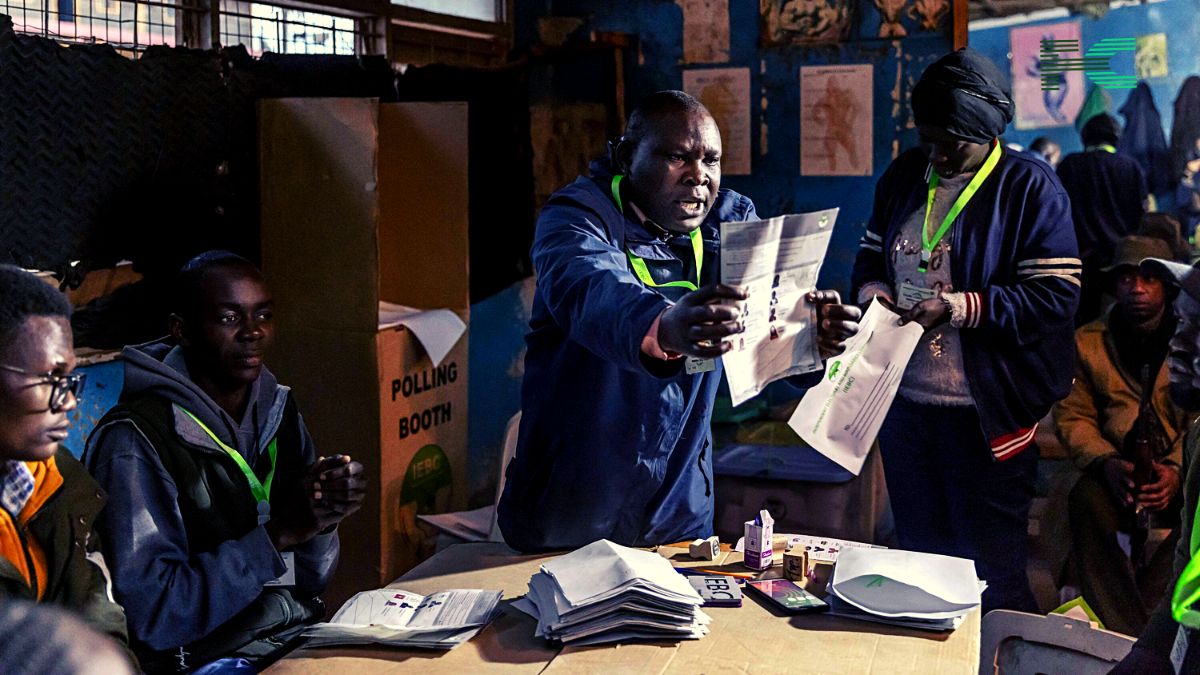The world is anticipating a major announcement from the United States regarding United Nations Security Council reform. While the news is not yet official, U.S. Ambassador to the U.N., Linda Thomas-Greenfield, confirmed to Reuters that the U.S. will support the creation of two permanent Security Council seats for African states and one rotating seat for small island developing states.
Long-Standing Debate on Security Council Reform
The push for greater representation of developing nations on the Security Council has been ongoing for years. Developing countries have long argued for inclusion in what is considered the most powerful body within the U.N. Despite being discussed for an extended period, progress has been minimal.
Ambassador Thomas-Greenfield expressed hope that U.S. backing would “move this agenda forward” and ultimately lead to Security Council reform. However, it remains uncertain how much impact U.S. support will have, given the evolving global political landscape. Still, this could signal the beginning of a broader reform effort, with other influential U.N. members possibly aligning with the initiative to gain favor with smaller countries.
U.S. Motives: Biden’s Legacy and African Relations
This move by the U.S. is also seen as part of President Joe Biden’s efforts to leave a positive foreign policy legacy, which has faced criticism. Additionally, the U.S. aims to repair strained relations with African nations, many of which have expressed discontent over Washington’s support for Israel in its ongoing conflict in Gaza. Deepening relations with Pacific Island nations is another key objective, as these countries are strategically important in countering China’s growing influence in the region.

The Role of the Security Council
The U.N. Security Council is tasked with maintaining international peace and security and holds significant powers, including the ability to impose sanctions, enforce arms embargoes, and authorize the use of force. The Council is composed of 15 members—five permanent members and 10 elected members who serve two-year terms. The proposed reform, which includes adding two permanent seats for African nations and a rotating seat for small island states, aligns with the U.S.’s long-standing support for permanent seats for India, Japan, and Germany as well.
U.S. Stance on Veto Power
While the U.S. supports expanding the number of permanent members, it remains firm in its opposition to expanding veto power beyond the current five permanent members: Russia, China, France, the U.S., and the U.K. This raises concerns about the true value of permanent membership if the crucial element of veto power is not extended. Arguably, this could be seen as offering membership without real influence, akin to “giving a child a candy stick without the candy.”
Conclusion
As the U.S. prepares to officially announce its support for Security Council reform, questions remain about the long-term impact and feasibility of such changes. While the initiative could signify a step toward greater inclusion and representation, the limitations on veto power highlight the complexities of reforming the world’s most powerful international body.

















